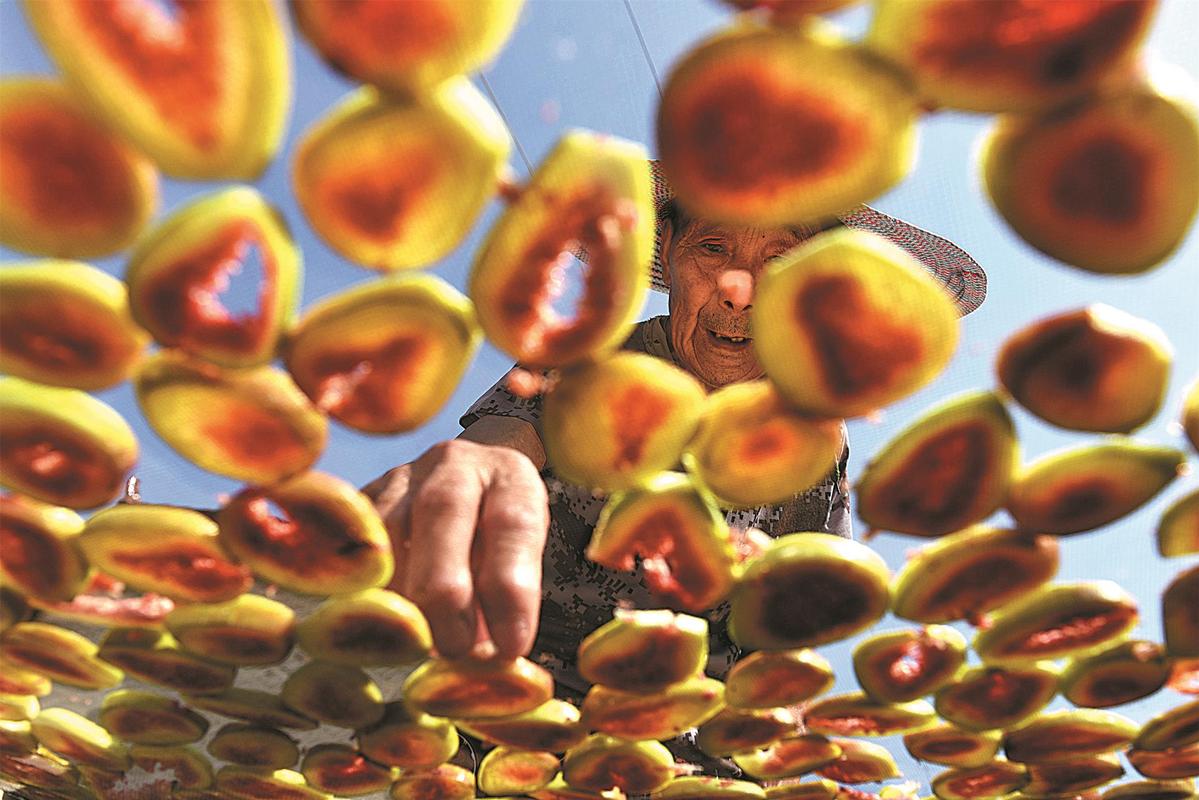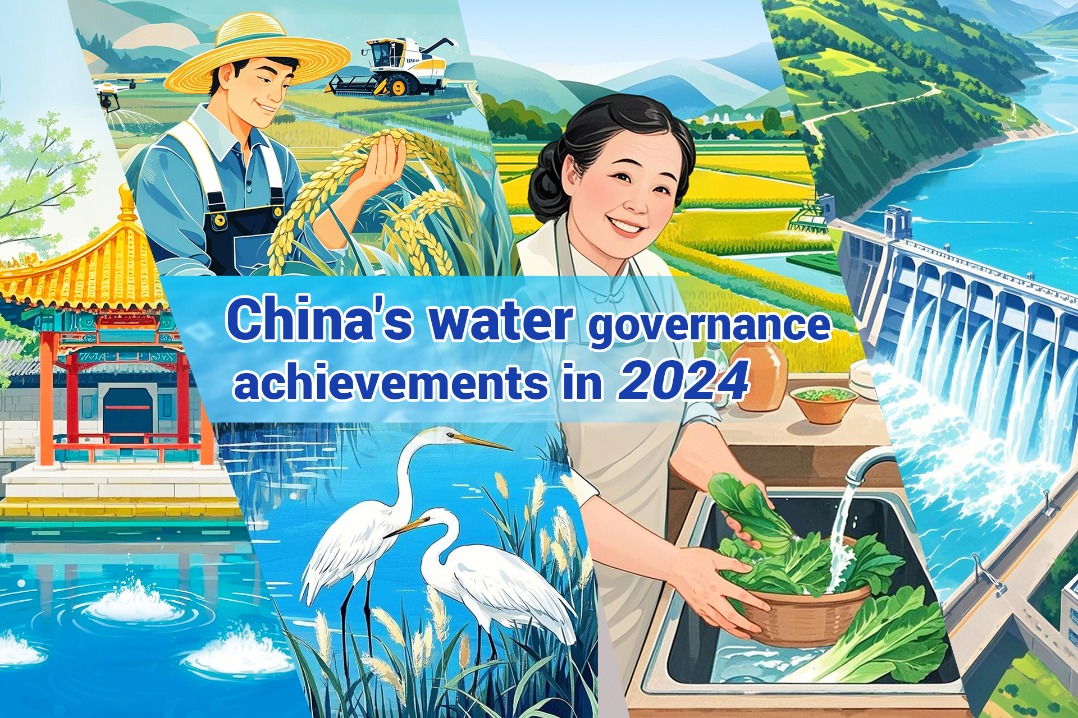Agricultural progress puts nation on solid footing


They said in the report: "By making agriculture-a sector which gives the majority of people their livelihoods-the starting point of market-oriented reforms, China could ensure widespread distribution of grain and build consensus and political support for the continuation of reforms.
"Reform of incentives resulted in greater returns for farmers and in more efficient resource allocation, which in turn strengthened the domestic production base and made it more competitive."
Saikiran Kannan, a columnist and analyst who visited China in 2014, said another important reason for the nation's greater efficiency and diversity in its agricultural practices is that farmers have the incentive to grow different crops based on the type of land used and the season.
China's highly advanced e-commerce sector has also enabled the nation's farmers to sell their produce directly to consumers worldwide, while community supported agriculture enables purchases to be made directly from a farmer or a group of farmers, Kannan said.
According to the UN Food and Agricultural Organization, or FAO, China has succeeded in producing 25 percent of the world's grain and feeding 20 percent of the global population from less than 10 percent of the world's arable land, which it said is a great achievement.
The nation ranks first in the world for production of cereals, cotton, fruit, vegetables, meat, poultry, eggs and fishery products, and in providing assistance to other developing countries to support local agricultural development, the FAO said.
Digital technologies have enabled Chinese farmers to better equip themselves to face new challenges and to make their businesses more profitable and efficient, experts said.
Sudheendra Kulkarni, who served as an aide to former Indian prime minister Atal Bihari Vajpayee from 1998 to 2004, said that since pro-market economic reforms were introduced in the late 1970s, China has freed 800 million people from poverty.
Kulkarni is also founder of the Forum for a New South Asia, which champions a peaceful and prosperous South Asian subcontinent based on cooperation between China, India and Pakistan.























